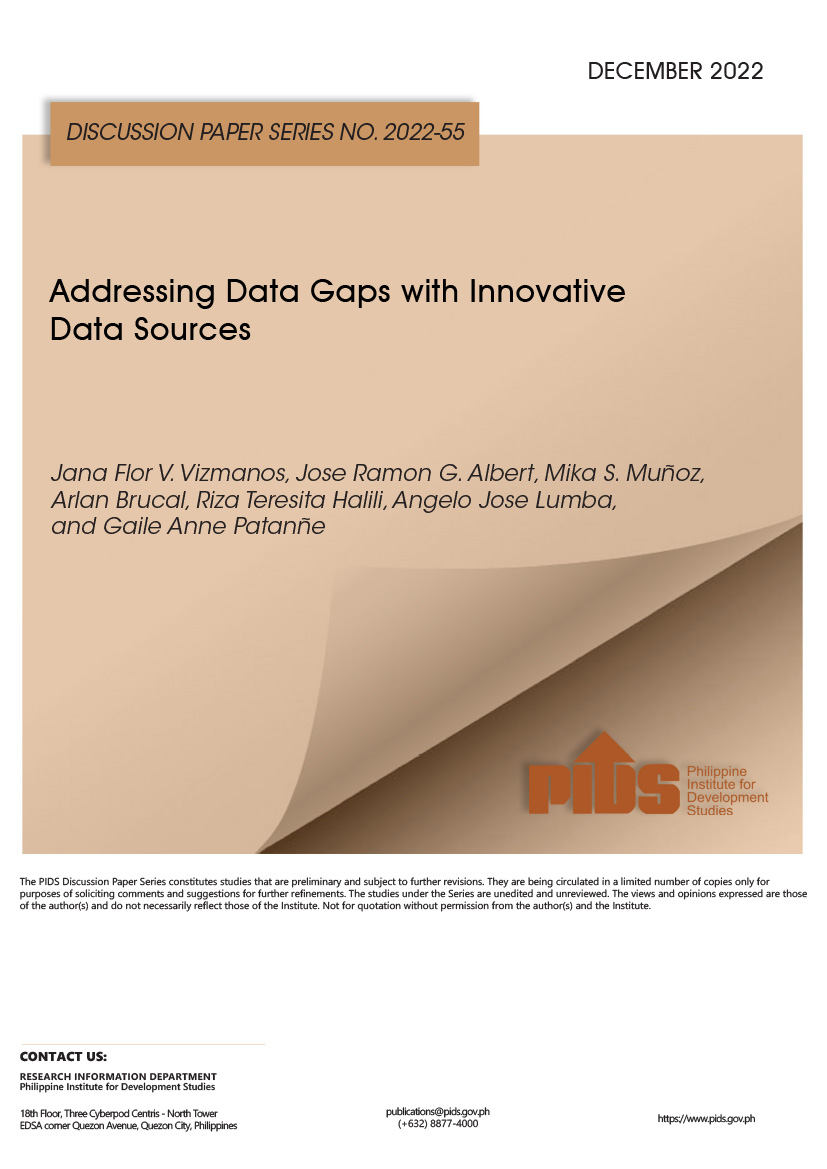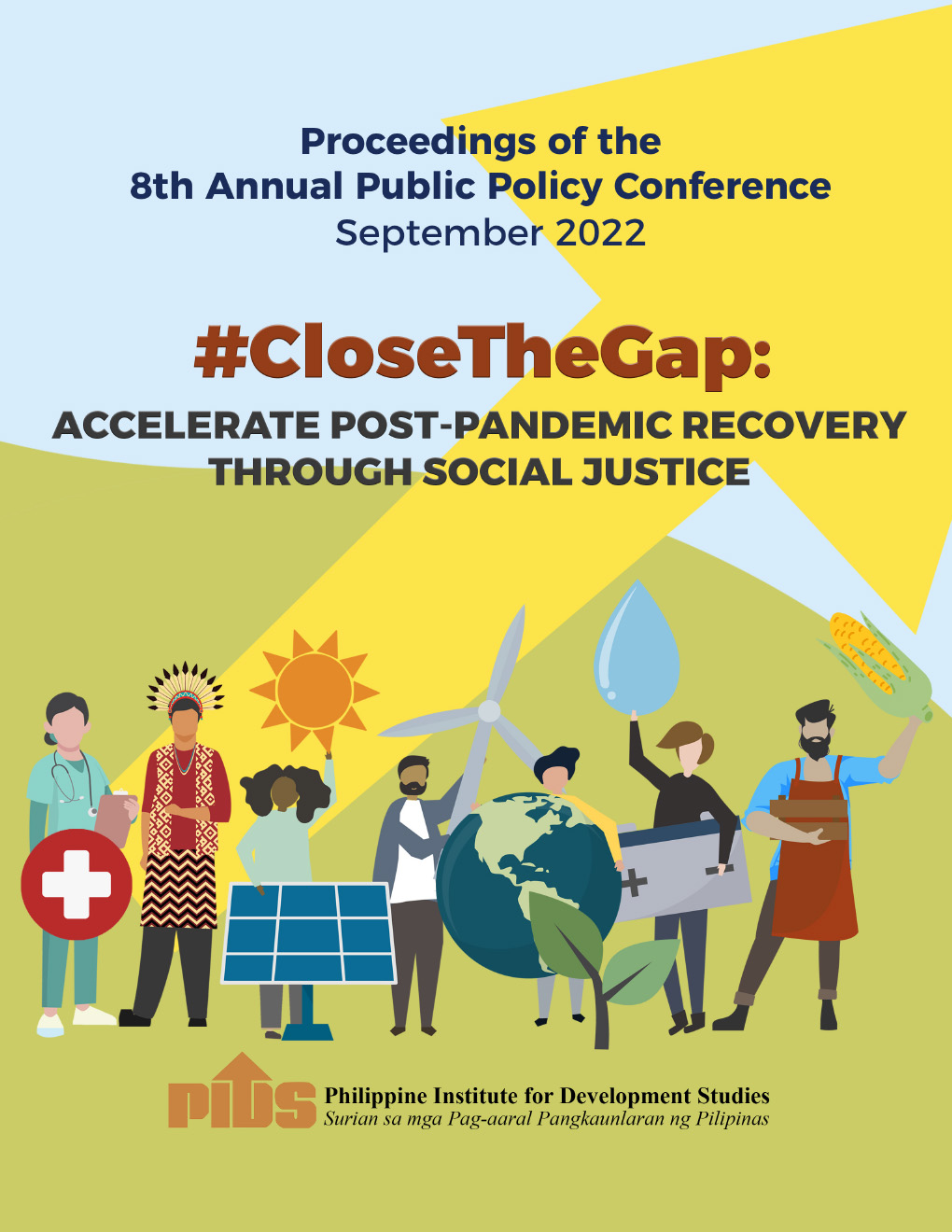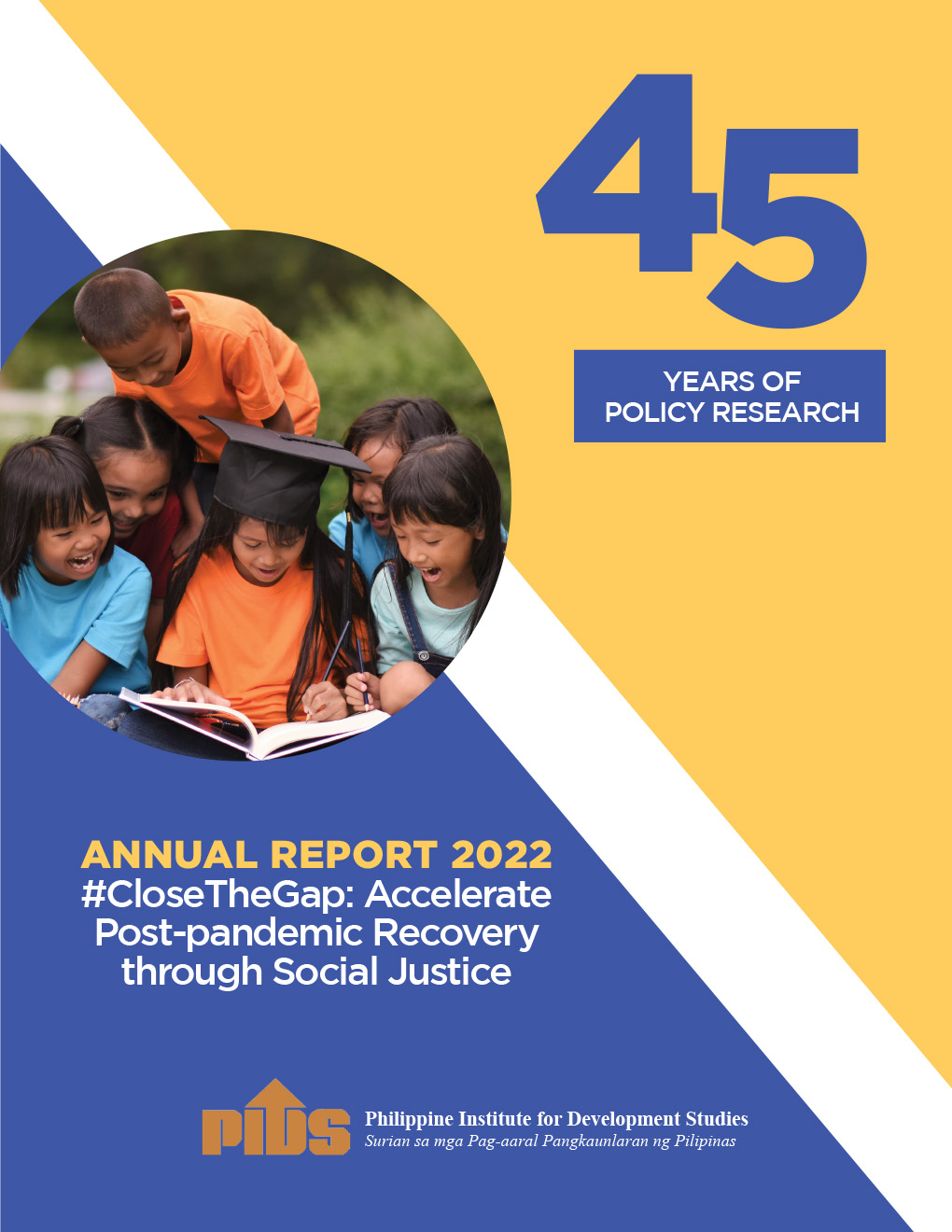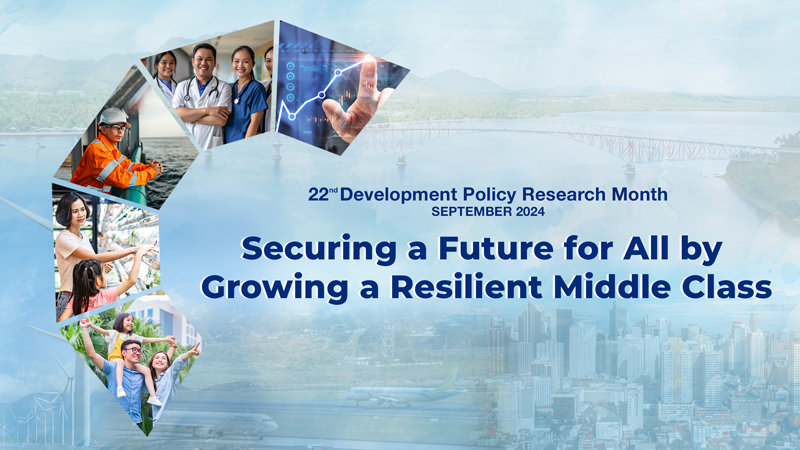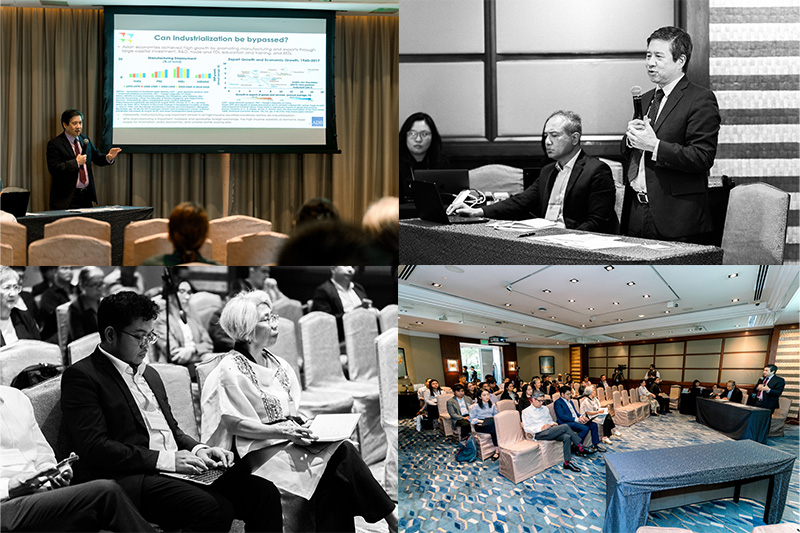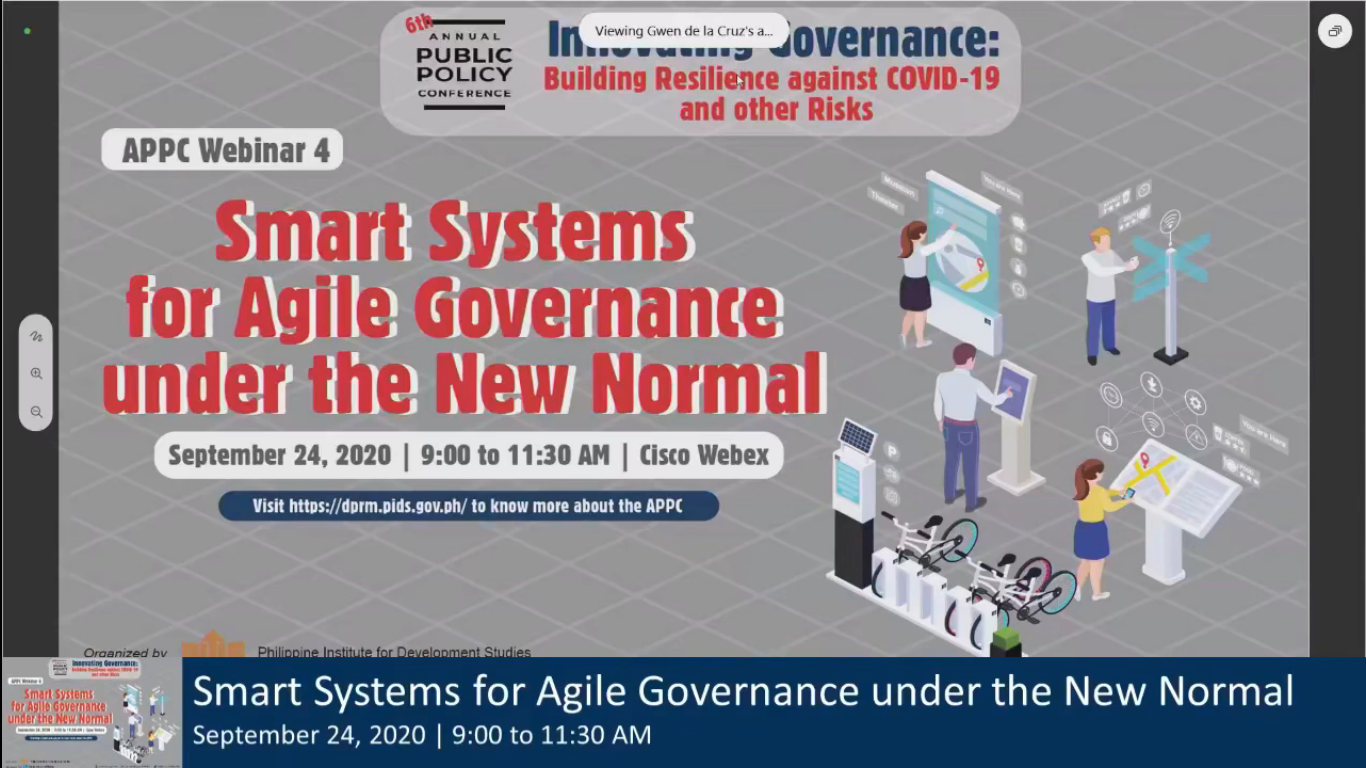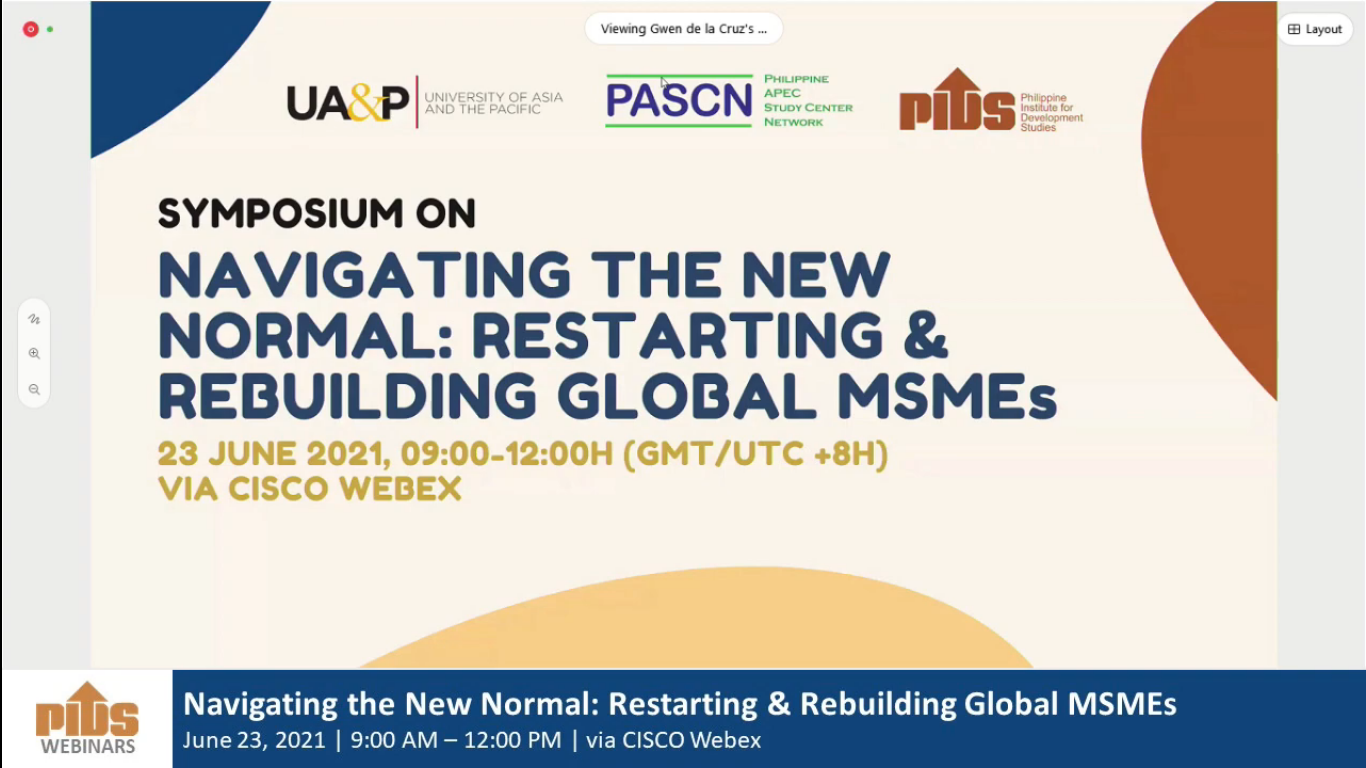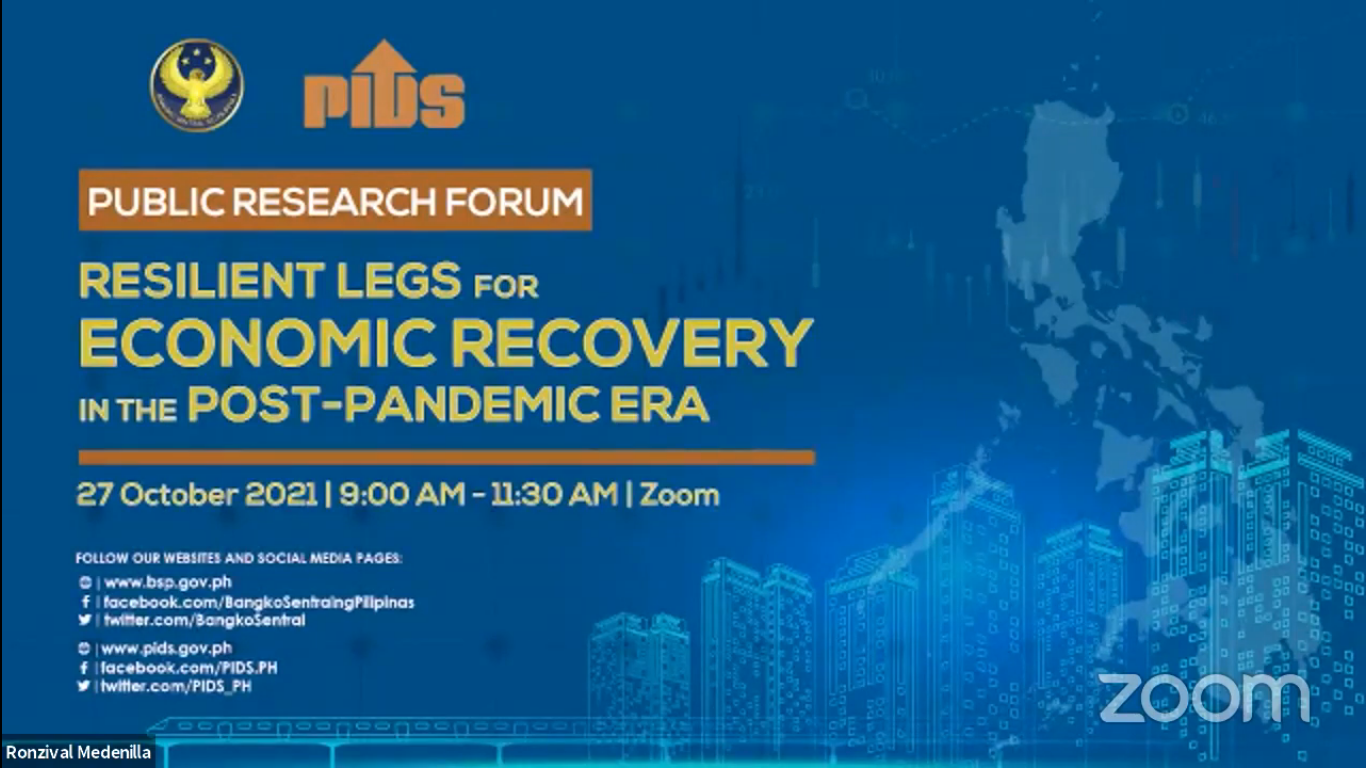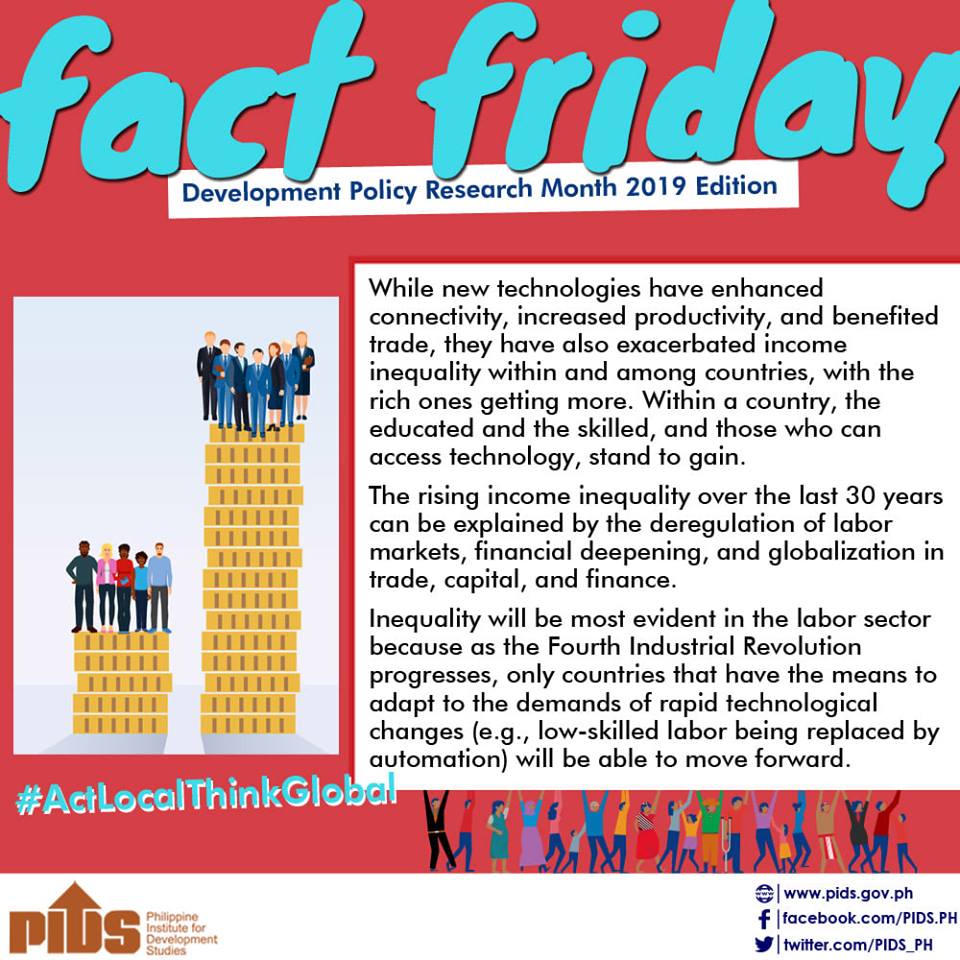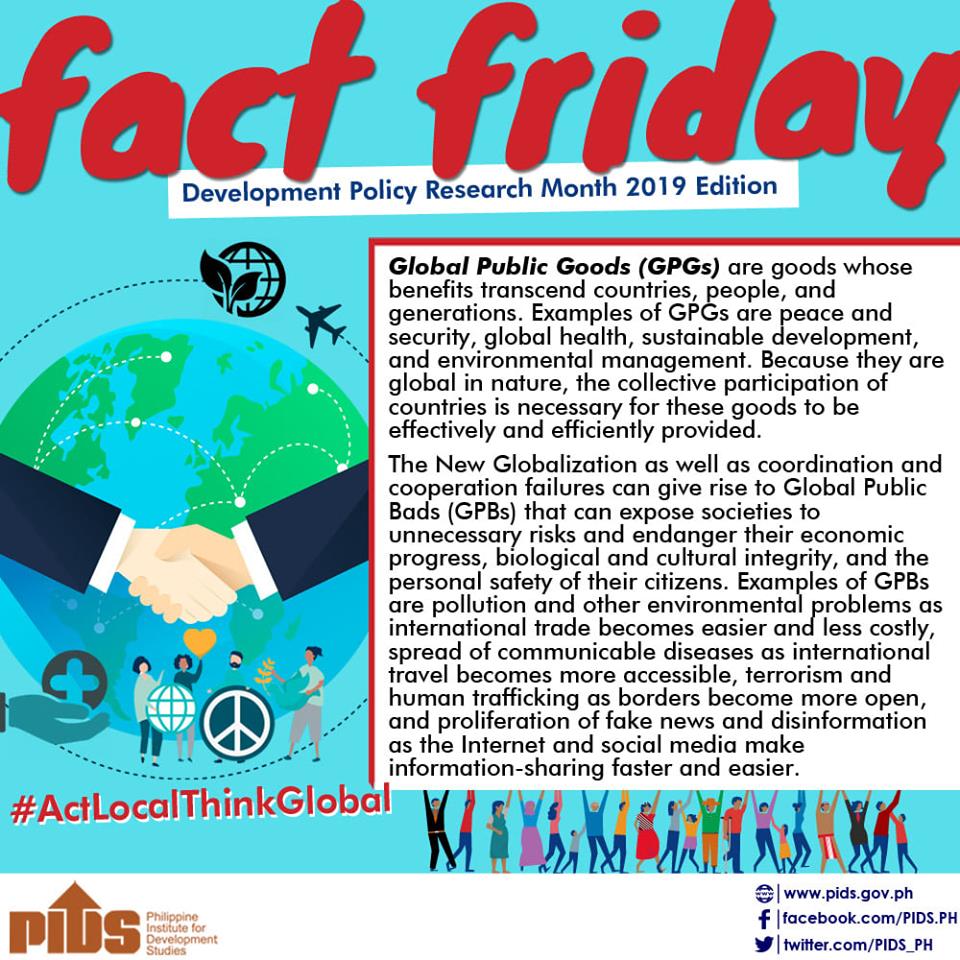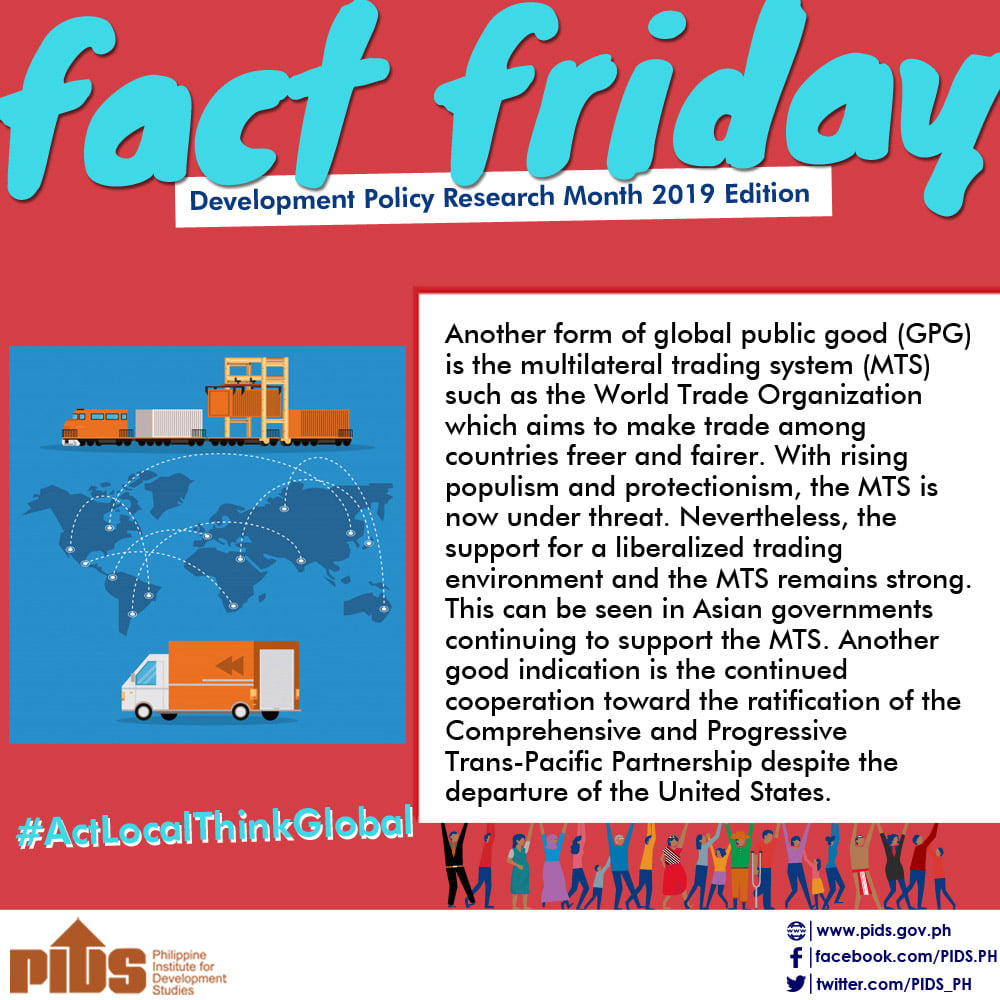I note with interest the Memorandum of Agreement (MOA) signed four days ago, between the House of Representatives or HR (with its secretary-general, Reginald Velasco, signing) and the Ateneo de Manila University or ADMU (with its president, Fr. Robert Yap, S.J., signing). The two institutions apparently launched a partnership, entitled “Evidence-Based Research Project.” From what I read, 11 research studies would be undertaken, all aimed to support the “current administration’s 8-point agenda and the Philippine Development Plan 2023-2028”.
Under the MOA, 25 “Congressional Research Fellows”(CRF) are appointed from different academic and research institutions. They have already been chosen: eight from University of the Philippines (UP), seven from ADMU, two from De La Salle University (DLSU), one from University of Asia and the Pacific (UA&P), which takes care of academe. Then there are four from the Philippine Institute for Development Studies (PIDS), one from the Asian Development Bank (!!! How did that get in that list? The ADB is neither a research nor an academic institution as can be noted from its name), one from the Philippine Society of Public Health Physicians (similar question) and the last one coming from IDinsight (the Southeast Asian director), a non-profit NGO registered in the United States whose declared mission is to combat poverty worldwide.
One wonders how the Southeast Asia regional director of IDinsight and an ADB staff could be a CRF. But there you are. How much are these CRFs going to be paid? In fact, how much will the entire project cost? Nobody else seems to be asking, and certainly no one is telling.
Anyway, these 25 CRFs are going to form 11 teams, each addressing a specific chapter in the 2023-2028 Philippine Development Plan, and they are going to be aided by the Congressional Policy and Budget Research Department (CPBRD).
A lot of hoopla there about Congress needing its own national-level think tank; about academic research and published work not finding its way into legislation (this from the first-person experience of Congresswoman Stella Quimbo – a staunch defender of the Maharlika Investment Fund); about Congress needing to be known for its research capacity and as a generator of knowledge; about how the poverty target of PBBM has to be met; and about how all these aspirations would be fulfilled by this partnership with the ADMU.
Reader, can you swallow all that spin? Whoever thought up of all the above reasons for this “evidence-based research project” – is it a partnership, or is it a project? – has got to be either delusional or have other objectives in mind. Let me explain why I think so in the following paragraphs.
PIDS already a national-level think tank
First, why should Congress have its own national-level think tank? The government already has a national-level think tank – nay, an international-level (world class) think tank. This is the Philippine Institute for Development Studies (PIDS). It was created in 1977 (one of Gerry Sicat’s major accomplishments during the Marcos dictatorship) “to serve as an effective means of bridging the gap between public policy formulation and research. Given the orientation and character of pure academic research, it was the government’s goal to establish a national research institution that will perform policy-oriented research on all aspects of the Philippine economy and assist the government in formulating plans and policies that are evidence based and fully responsive to the requirements of national planning and policymaking for national development.” Its budget of about P300 million a year is spent not only on policy research, but on dissemination and utilization of research, on serving as a repository of economic research information, on liaising with other research institutions, giving webinars (which is where I chanced upon Hazel Parcon Santos who was talking about her research into FDI). It is a budget very well spent, and worth every centavo in terms of evidence-based policy research and recommendations.
So if Congress needs research done on any issue, PIDS can easily fill the need. At no extra cost to the taxpayer. Yet in this MOA, as noted above, four PIDS researchers have been named CRFs, and even the PIDS current president, Aniceto Orbeta, has been tapped to be a member of the 7-person “Senior Research Advisers” of the project. Do the Senior Research Advisers get honoraria? If so, how much? (Editor’s note: Former PIDS president Gilbert Llanto, previously named in this piece as a senior adviser, already left the group. We apologize for the oversight.)
But I think I’ve made my point, Reader.
Second: an equally important point. The statement that Congress should have its own think tank is ironic, because Congress has had its own think tank since about 65 years ago, when then-Speaker Jose B. Laurel Jr. (circa 1957) created the Congressional Economic Planning Office (CEPO). It then eventually morphed into the Congressional Economic Planning Service (CEPS), and during Speaker Ramon Mitra’s time (1990) became the Congressional Planning and Budget Office (CPBO), tasked with, among other things, providing analyses on the Philippine Development Plan, and other government programs and policy pronouncements. Finally, in 2010 it was christened the Congressional Policy and Budget Research Department (CPBRD) mentioned above.
If the CPBRD, the present think tank of Congress, is so inadequate as to need the help of 25 “Congressional Research Fellows,” whose fault is it? It is under the Office of the Speaker, after all. I don’t know what its annual budget is, Reader. I tried googling, to no avail. But Reader, I invite you to visit its website, as I did. I am really not aware of their capabilities (the way I am of the capabilities of PIDS), but a look at their research output – their policy briefs, their “facts in figures”, their discussion papers, their budget analyses, their impact studies – is impressive enough.
What the CPBRD does
According to the Socioeconomic Research Portal for the Philippines (SERP-P), which is the country’s first electronic repository of policy research and information, CPBRD provides analyses on the Philippine Development Plan, the annual National Budget, and other government programs and policy pronouncements. Furthermore, the CPBRD assists in the formulation of the legislative agenda of the House of Representatives and provides the House leadership and members with technical information on important social, economic, fiscal, and institutional policy issues. Doesn’t that description define think tank, with its ongoing research work identical to what the “Evidence-based Research Project” of HR-ADMU want to do? Enough at least to qualify as having research capacity and being a knowledge generator.
‘Study poverty?’
Now for the poverty aspect of that MOA. The foremost poverty expert in the country, in my opinion, is Arsenio Balisacan, who is our secretary of the National Economic and Development Authority (NEDA), which translated PBBM’s 8-point agenda into the 2023-2028 Philippine Development Plan. So everything in the Plan that has to do with the alleviation of poverty, I’m sure it has already been vetted by him and his very able NEDA staff. Another poverty expert comes to mind: Celia Reyes, who is the immediate past president of the PIDS. If Congress doesn’t like Arsy, why isn’t Celia among either the Senior Advisers or the Congressional Research Fellows? Just asking.
And if we know how much the project will cost (someone can ask Speaker Romualdez, or Fr. Robert, maybe?), then we can determine how much needlessly out of pocket the Filipino people are going to be.
But who benefits? There is Speaker Romualdez, among others. How does he benefit? Look at the words most bandied about in the press releases: “evidence-based” (as in Evidence-based Research Project – but since when is a research project not evidence-based? What we want is evidence-based decision-making.), “poverty,” “Ateneo de Manila University,” which is known for its concern for the poor, for social justice, etc.
So the spin is and will be that Speaker Romualdez is a real man of the people. He uses evidence-based research for his people-oriented legislation. And ADMU believes in his cause and gives it credibility.
That’s right, Reader. With Ateneo signing, the public will think that he must be doing something good. As one Marcos said, it’s all about perception.
As for Ateneo signing as partner in view of all the foregoing, you’ll have to ask Fr. Robert.

